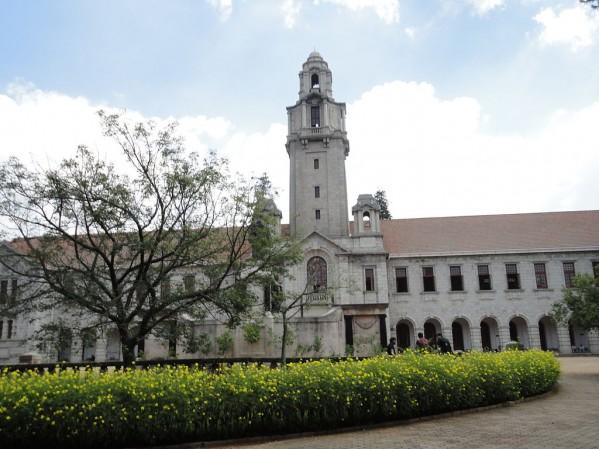The Indian Institute of Science (IISc), known as India's premier institute for advanced research and education, will be setting up a Postgraduate Medical School along with a multi-speciality hospital in its Bengaluru campus, with funding from two sets of philanthropists.
Tthe IISc on Monday inked a partnership with philanthropists Susmita and Subroto Bagchi, and Radha and N.S. Parthasarathy, who will collectively donate Rs 425 crore ($60 million) for the project, and the hospital will be named the Bagchi-Parthasarathy Hospital.

This is the largest single private donation received by the IISc. It will be an integrated MD-PhD programme for a new breed of physician-scientists, who will pursue careers in clinical research to develop new treatments and healthcare solutions, driven by a bench-to-bedside philosophy, said the institute in a statement.
The new hospital will be a not-for-profit, 800-bed multi-speciality hospital, catering to the clinical training and research activities of the academic programme.
Radha Parthasarathy said: "IISc's larger vision to integrate science, engineering, and medicine in one campus is very new to India... The pandemic we are living through has established the need for urgency in creating universal access and equity in medicine."

The Bagchi-Parthasarathy Hospital will be built within the existing IISc Bengaluru campus, taking full advantage of the co-location with the science and engineering faculties and labs. The ground-breaking is planned for June 2022 and the hospital will be operational by the end of 2024.
Advanced Facilities
It will have advanced facilities for diagnostics, treatment and research. The clinical and surgical departments in the hospital will facilitate comprehensive treatment and healthcare delivery in several specialities including oncology, cardiology, neurology, endocrinology, gastroenterology, nephrology, urology, dermatology and plastic surgery, organ transplant, robotic surgery, ophthalmology, and so on.
In addition, according to National Medical Commission norms, students admitted in specific MD/MS and DM/MCh programmes will also be trained in appropriate sections of the hospital along with their classroom and laboratory training. The hospital will also implement advanced digital technologies and solutions, such as integrated Electronic Medical Record systems and a comprehensive telemedicine suite with haptics interfaces.

















